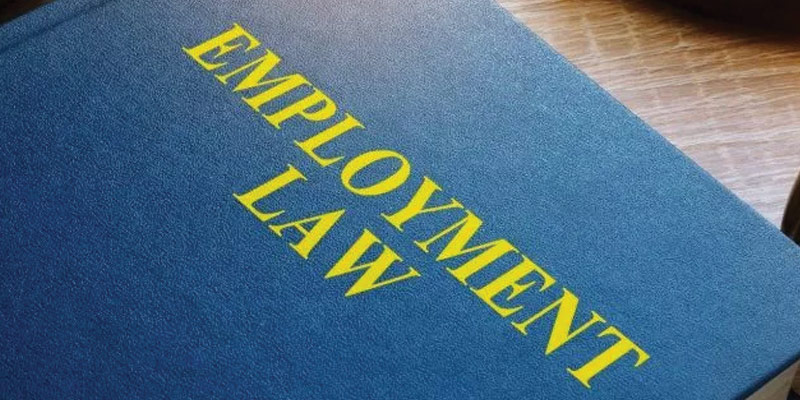
eDiscovery technologies are being increasingly recognised as a crucial legal tool – and something of a Swiss army knife, at that, with numerous applications beyond merely slicing through court-ordered eDisclosure obligations.
This article was first published in July 2013. For more up-to-date advice, please contact us
Firms keen to use eDiscovery expertise beyond its litigation applications should be aware that employment law in particular brings its own set of challenges.
Sources of data to be interrogated in employment tribunals are diverse – and surprisingly numerous. Emails between employer and employee, employer and management and employee and union representation are an obvious first port of call.
Next comes a veritable tidal wave of data stored on the employee’s work PC, from documents and reports to internet and chat room records or evidence of printing and duplicating paperwork. Did the employee have a work Blackberry? An additional laptop for conferences away from the office? These too will be sources of evidence.
Firms implementing a BYOD policy will also need to consider relevant data stored on personal mobile phones, laptops or tablet computers. Information stored by administrative and personnel departments is likely to be relevant, as is ‘operational data’ such as computer log-on and log-off times, and evidence of ‘clocking out’ at the end of the working day.
If firms wish to avoid sinking beneath the deluge of data, it’s clear eDiscovery is perhaps the only method by which relevant information can be accurately and intuitively collected and collated. But there remains a caveat: there are proportionality implications implicit in employment law eDiscovery, as Mondaq.com explains:
“Not only are employment records usually maintained exclusively by the employer, but emails contained in the company’s email system, which is controlled by the employer, can be the only contemporaneous record of the facts … Because the cost of reviewing and producing the relevant data is often high relative to the potential damages at issue, employers sometimes settle cases early, even before an evaluation of merit is made.”
With high eDiscovery costs potentially putting undue pressure on an employer to make a settlement regardless of the evidence which might otherwise have been unearthed, it’s crucial to seek advice from eDiscovery experts at the earliest possible stage of a case. Few outcomes are more dispiriting to lawyer and client alike than a financial imperative trumping fair and open access to justice.
Firms looking to implement the latest data interrogation and collation technologies – whether to support eDisclosure in litigation or for other applications of eDiscovery, including employment and corporate law – should contact Legastat immediately for expert advice on how best to proceed.